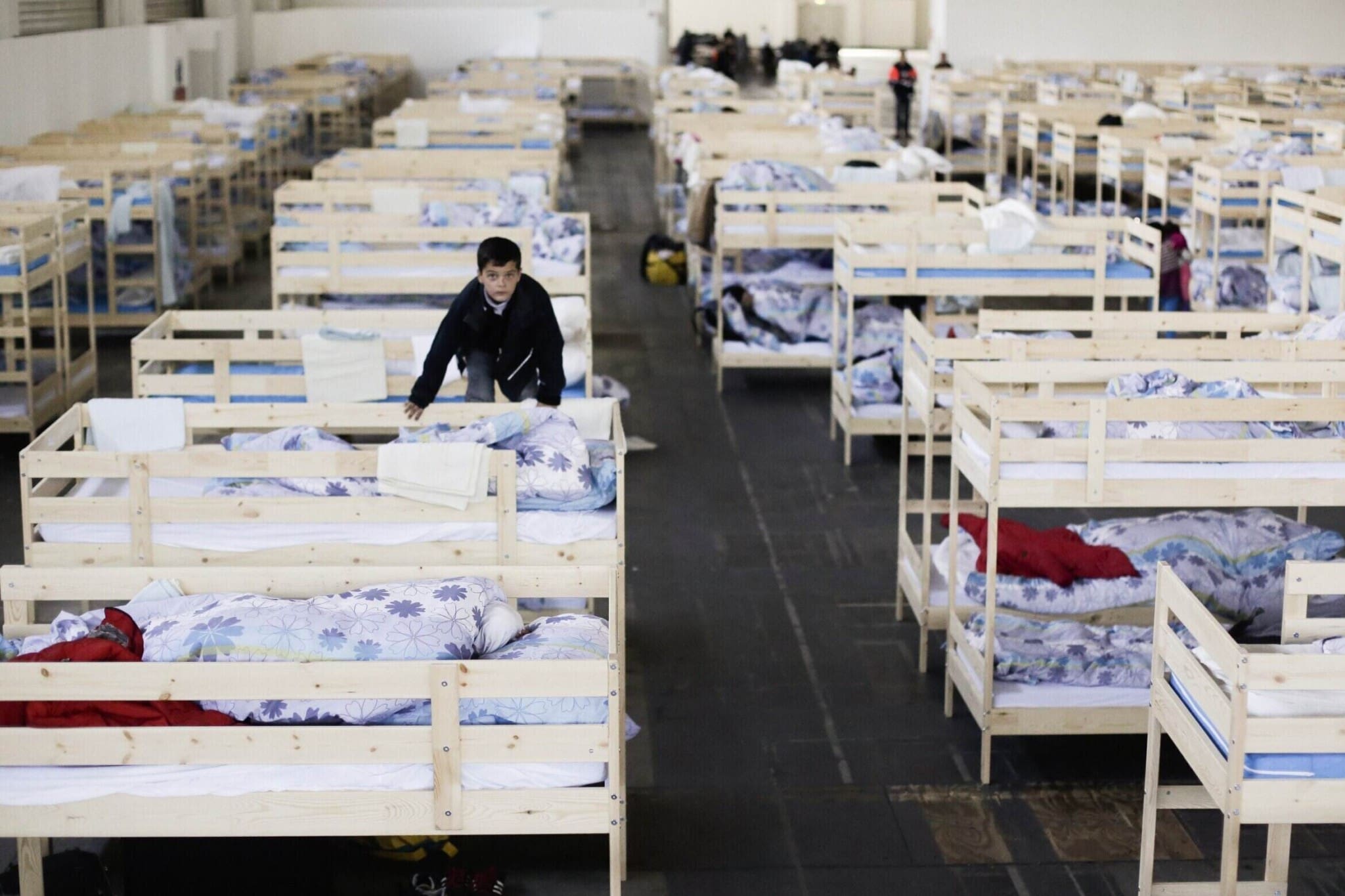A group of Ukrainian refugees, which authorities believe are either from Roma or Sinti descent, protested the quality of their accommodation in Germany, with reports in local media of a fight breaking out in the Bavarian district town of Miesbach.
According to the Munich tabloid “TZ”, the 57 new arrivals, who had been transported by bus from Munich to Miesbach on Thursday, were furious to learn that they would be temporarily staying in a converted sports hall rather than hotel accommodation.
According to authorities, the group probably belonged to the Sinti and Roma minority.
[pp id=30569]
The group protested against the accommodation and refused to stay at the premises, prompting the involvement of District Administrator Olaf van Löwis (CSU). The bus ultimately turned around and returned to Munich.
Tensions were reportedly already high on the journey to the Bavarian town, with the interior of the vehicle damaged, and the bus driver harassed by the group, before the situation escalated upon arrival.
Baden-Württemberg’s Interior Minister Thomas Strobl (CDU) warned of the security issue across Germny given the number of undocumented migrants arriving every day, telling the Stuttgarter Zeitung: “We need to know who is staying in our country.”
[pp id=31067]
Strobl advocated “registering the immigrants, carrying out a security check and then distributing them in a controlled manner across the state.”
Meanwhile, Berlin’s governing mayor, Franziska Giffey (SPD), has complained that the capacity in the capital is overburdened. Around 10,000 refugees from Ukraine arrive there every day with Berlin taking in more people than all other federal states combined.
According to the B.Z. newspaper, the identity of arriving migrants in the capital is no longer checked. Accordingly, authorities no longer take fingerprints or compare basic data such as names and dates of birth with the database.





